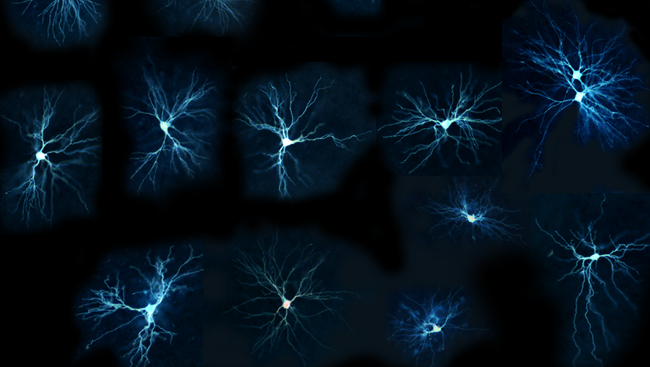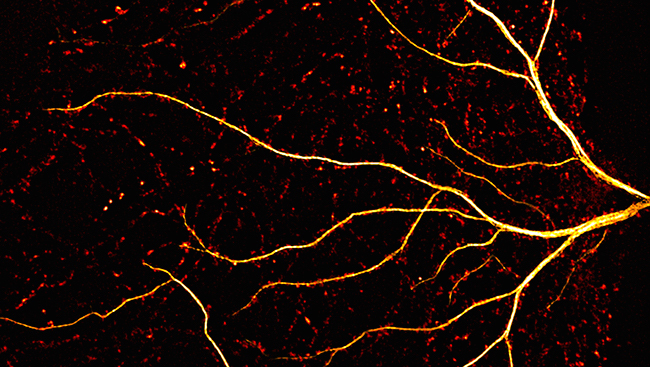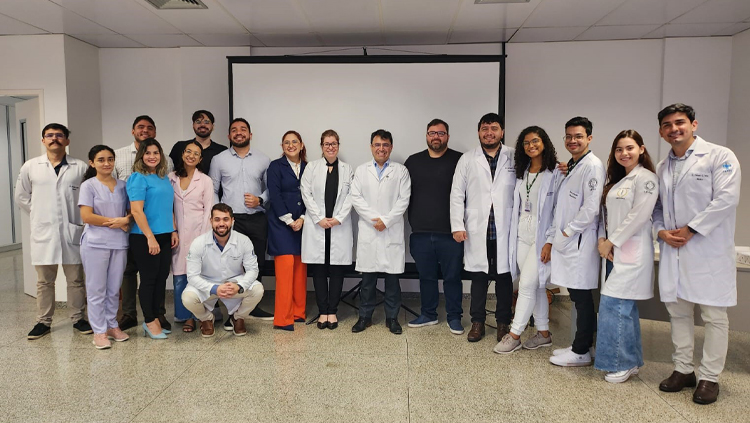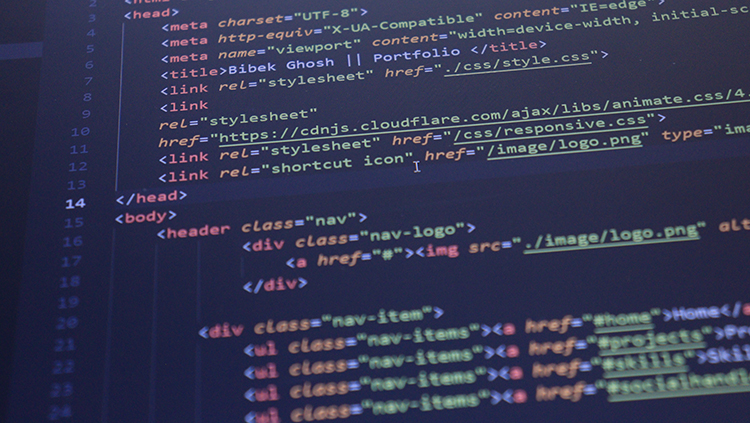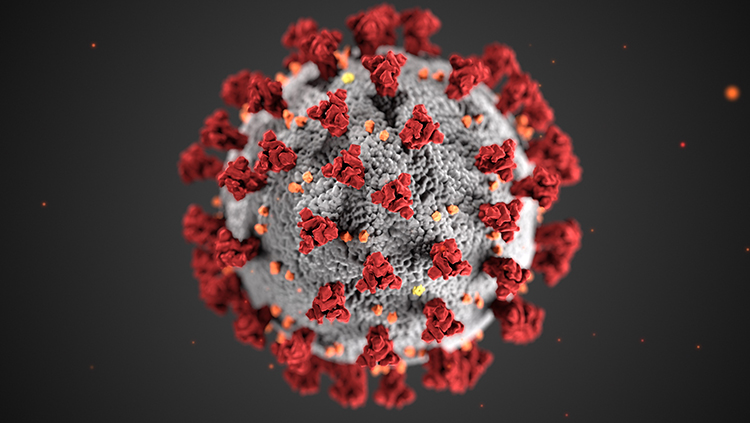Data Science and Data Skills for Neuroscientists
- Featured in:
- SfN Annual Meeting Recordings
Mar 22, 2017
Data science is fast-growing across the neuroscience field. In this Short Course, leading experts teach basic data skills that all neuroscientists should know and detail advanced data science methods that can be used in different circumstances.
Speakers

Alyson Fletcher
Alyson Fletcher is an assistant professor in the department of engineering at the University of California, Santa Cruz; assistant professor in statistics and mathematics at the University of California, Los Angeles; and a research scientist at the Redwood Center for Theoretical Neuroscience and the Helen Wills Neuroscience Institute at the University of California, Berkeley. Fletcher’s main research interests lie in statistical signal processing, Bayesian estimation, machine learning, and information theory, with a specific interest in inference issues in neuroscience and computational models of the brain. She was awarded the NSF CAREER award in 2013. Fletcher received her BS in mathematics and physics from the University of Iowa and her PhD in electrical engineering and mathematics from the University of California, Berkeley.
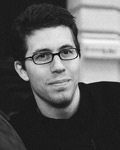
Konrad Kording, PhD
Konrad Kording is a professor of physical medicine and rehabilitation at Northwestern University. Kording’s main research interests lie in the application of data science to problems in neuroscience. He received his PhD in physics from Federal Institute of Technology.
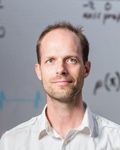
Jonathan Pillow, PhD
Jonathan Pillow is an associate professor at the Princeton Neuroscience Institute and department of psychology at Princeton University. He previously was an assistant professor at the University of Texas at Austin. Pillow’s main research interests lie in computational neuroscience and machine learning. He received his BA in mathematics and philosophy from the University of Arizona and his PhD in neural science from New York University. He completed postdoctoral training at the Gatsby Computational Neuroscience Unit at University College London, and Howard Hughes Medical Institute and New York University.

Pascal Wallisch, PhD
Pascal Wallisch serves as clinical assistant professor at New York University. He received his PhD in Psychology from the University of Chicago. Wallisch’s main research interests lie at the intersection of neuroscience, psychology, and data science. He co-founded the "Neural Data Science" summer course at CSHL and wrote several books on the analysis of data for neuroscience purposes.

Robert Kass, PhD
Robert Kass is a Maurice Falk Professor of Statistics and Computational Neuroscience at Carnegie Mellon University (CMU). He previously was a department head of statistics at CMU. Over the past 15 years Kass’s research has focused on applications of statistics to neuroscience. He received his PhD in statistics from the University of Chicago.
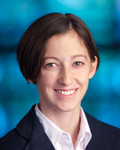
Danielle Bassett, PhD
Danielle Bassett is the Eduardo D. Glandt Faculty Fellow and associate professor in the department of at the University of Pennsylvania. Bassett's group studies biological, physical, and social systems by using and developing tools from network science and complex systems theory. Their broad goal is to isolate problems at the intersection of basic science, engineering, and clinical medicine that can be tackled using systems-level approaches. Bassett has been named a MacArthur Fellow, Alfred P. Sloan Fellow, ONR Young Investigator, and NSF CAREER awardee. She received a BS in physics from Pennsylvania State University and a PhD in physics from the University of Cambridge and completed postdoctoral training at the University of Cambridge.
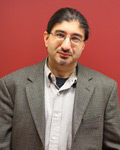
Maneesh Sahani, PhD
Maneesh Sahani is a professor of theoretical neuroscience and machine learning at the Gastby Computational Unit the University College London. His work spans the fields of machine learning and neuroscience, with particular emphasis on the types of computation achieved within the sensory and motor cortical systems. Sahani has helped to pioneer analytic methods which seek to characterize and visualize the dynamical computational processes that underlie the measured joint activity of populations of neurons. He has also worked on the link between the statistics of the environment and neural computation, machine-learning based signal processing, and neural implementations of Bayesian and approximate inference. Sahani received a BS in physics and his PhD in computation and neural systems from Caltech, and he completed postdoctoral work at the Gatsby Unit and the University of California, San Francisco.
4 of 5 articles left
Login
or
Become a Member
to unlock content


